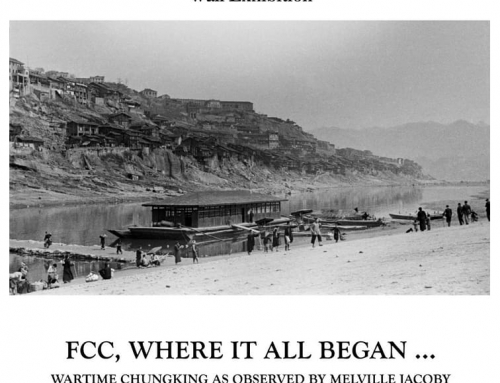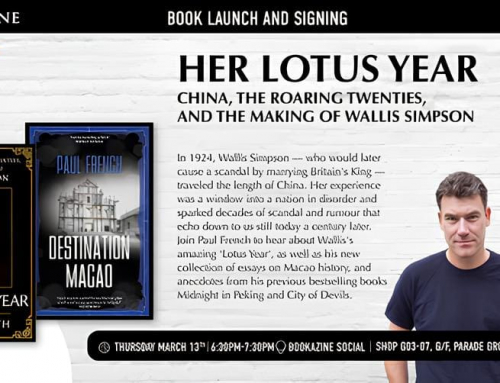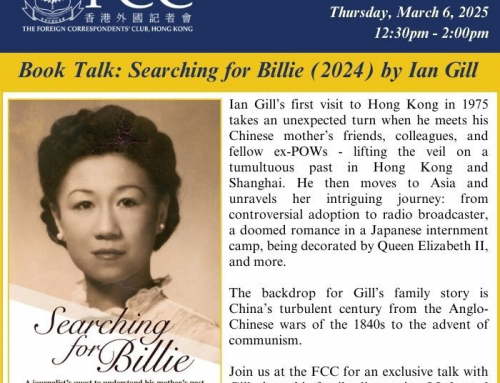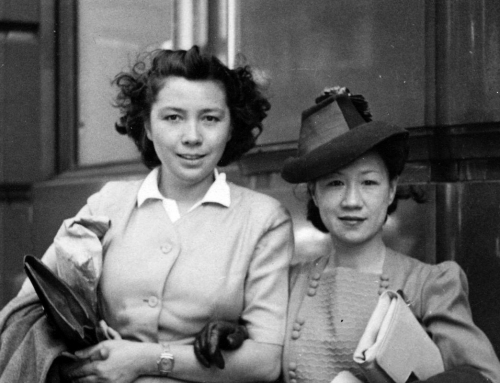What to believe? The story of Google’s threatened exit from China has occupied a lot of column inches over the past fortnight. On one hand, its stand has been lauded as principled by many people. On the other, it may just be a well timed PR stunt for the company; its reputation has been receiving a hammering lately from authors, publishers and even governments over its proposed book rights registry.
It just so happens that January 28th is the last day on which publishers — at least American ones, though bookselling on the internet makes such distinctions moot — can choose to either opt out or object to the impending Google Book Settlement.
What is this? For anyone who hasn’t heard about it, Google has been scanning books in American libraries over the past few years in order to establish an online database of all the world’s information. It presents this as a noble aim, but its actions are driven by the bottom line: it will make billions from adverts displayed beside these books, or portions of books, online. It also reserves the right to print these books on paper at some future time and sell them directly.
But even leaving money out of the equation, there is an obvious problem with this: it’s the world’s greatest-ever theft of intellectual property. It overturns the fundamental principle of copyright, which is that no work may be reproduced without the express permission of its author. No authors were asked whether it was OK for Google to copy their work, put it online and sell ads beside it. Many of them will never even know about this scheme. It seems that Google took a look at the publishing industry, a fragmented sector made up mostly of small and medium sized enterprises, and decided it could wade in and take over.
The biggest half-dozen US publishers planned to cut a deal with Google, leaving the majority of authors and publishers out in the cold. The deal gives Google the sole right to determine which ‘orphan’ books are out of print, and seize the rights to them, even though their authors may be alive and well but haven’t heard about the Settlement. This high-handed ‘opt-out’ approach directly contravenes the terms of copyright (which Google can’t have missed during its scanning, since they are printed on the reverse title page of every book). If Google had wanted to do this properly, it should have formulated an opt-in scheme within the law.
The whole thing prompted a lawsuit which has been moving through the US courts for the past year. As it stands, authors and publishers are now obliged to read obtuse legal documents and choose whether to opt out of the Settlement, and lose the chance to affect the outcome of the lawsuit; or object, but then be bound to comply with the outcome of the class action, whether favourable to independent publishing or not. If the court decision goes Google’s way — and the company can afford very good lawyers — then it will be given a monopoly over deciding which books are out of print, and it will take possession of those works. It will in effect become the world’s universal publisher. Vast profits await; possibly more than the company could ever hope to make in China.
It costs a lot to bring a book to market, and there’s not much point in doing it if your product can be seized and sold by Google. How can publishers compete with the internet giant? In the worst-case scenario, authors will simply stop investing their time in writing, and we will all be poorer.





Pete,
Thanks for the information about the Google book scanning court case. I hope the US courts will have the good sense to rule against Google for such insolent disregard for the copyrights of authors and small and independent publishers. If the Americans still stand by their democratic values, they must not let Google have its way in this matter.
Alice
Thanks Alice. It hasn’t received much attention in this part of the world, but it will affect us all.
Another worry is the precedent it would set — if Google is allowed to copy and sell your work without asking, then there’s nothing to stop any other operation doing the same. Authors and publishers might face the impossible task of having to find and “opt out” from thousands of databases. That would be the end of copyright entirely.
From the Times:
“We should be extremely cautious about ceding rights to any organisation in this sort of default manner,” said Anthony Cheetham, director of Atlantic Books. “It is generally felt that if somebody wants to reproduce they have to seek the owner’s permission, not that they can use it and then say ‘we didn’t ask you but we’ll give you a proportion of the takings’. Somebody said that it was a bit like the burglar coming in and taking all your possessions and calling you afterwards and saying that he was selling them on.”
Pete,
May I have your permission to quote a few paragraphs from your post in my blog?
Alice
Please do! I’d rather more people know about this.